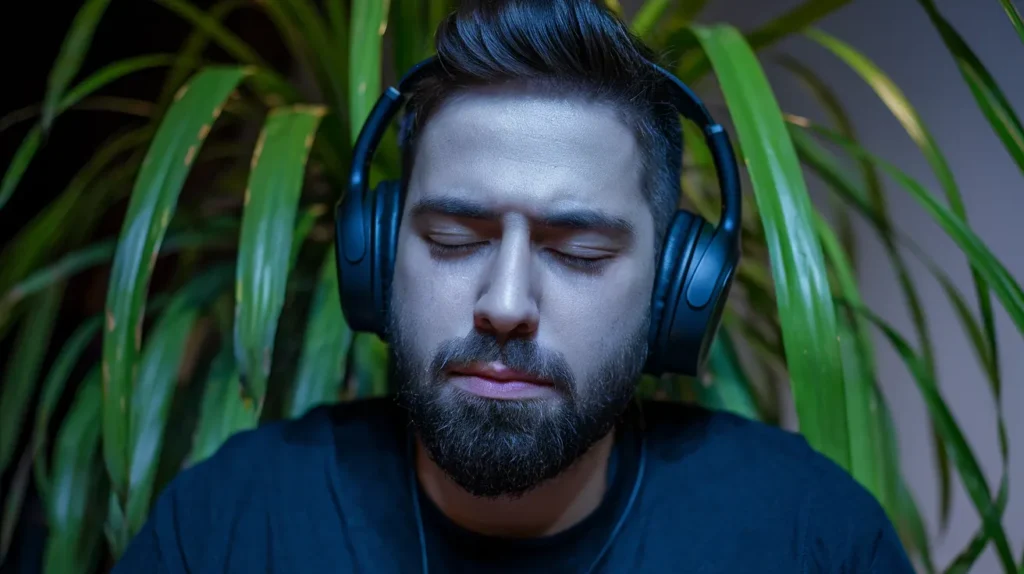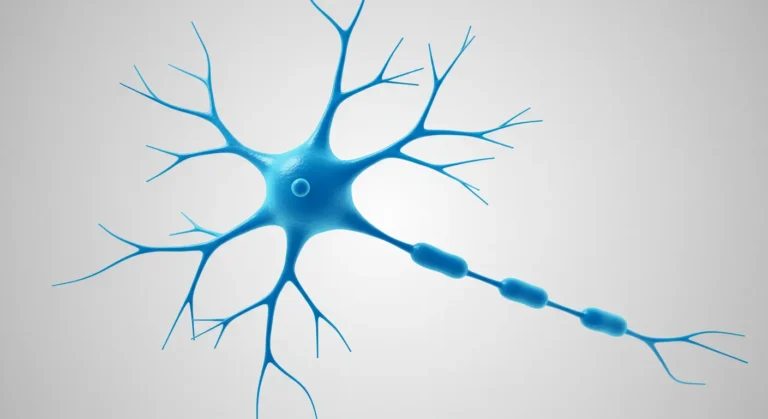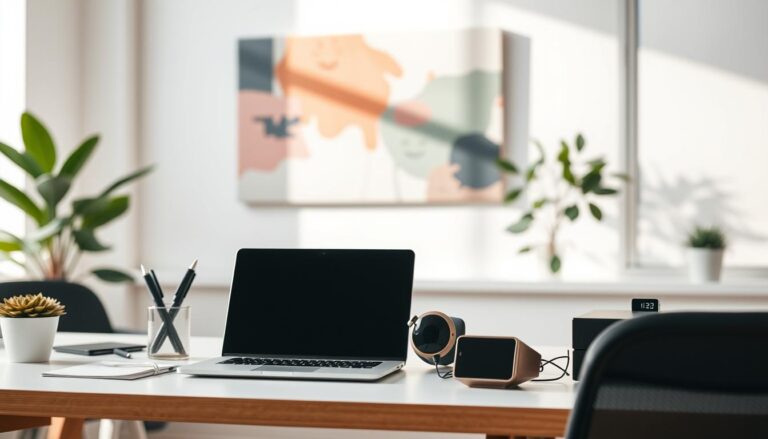How to Improve Focus and Concentration: 20 Evidence-Based Techniques That Actually Work

Last week, I sat down to write a simple email and somehow ended up watching YouTube videos about ancient Roman engineering for two hours. If this sounds painfully familiar, you’re definitely not alone.
The frustrating truth? Most of us have trained our brains to be distracted. But here’s the encouraging part – we can also train them to focus again.
After struggling with concentration issues for years and trying everything from expensive apps to meditation retreats, I’ve discovered what actually works about how to improve focus and concentration. These aren’t quick fixes or productivity porn – they’re genuine, science-backed methods that have helped me reclaim my ability to think clearly and work deeply.
Why Your Focus Feels Broken (Spoiler: It’s Not Your Fault)
Before we dive into solutions, let’s address the elephant in the room. You’re not lazy, and you don’t have a character flaw. Modern life has essentially rewired our brains for distraction.
I used to believe I was just “naturally scattered.” Turns out, constantly switching between tasks, notifications, and stimuli had actually changed how my brain processed information. The good news? Neuroplasticity means we can change it back.
Here’s what I wish someone had told me earlier: multitasking doesn’t make you productive – it makes you tired and prone to mistakes. Your brain literally cannot focus on two complex tasks simultaneously. What feels like multitasking is actually rapid task-switching, which exhausts your mental resources.
The Methods That Changed My Mental Game
After months of experimentation, here are the techniques that genuinely improved my focus and concentration:
1. The Pomodoro Technique (But Done Right)
Everyone talks about this method, but most people do it wrong. It’s not just about setting a timer for 25 minutes. The magic happens in the breaks.
During your 5-minute break, step away from your workspace completely. I walk to the kitchen, do some stretches, or just stare out the window. No scrolling, no checking emails. This mental reset is crucial for maintaining deep focus throughout the day.
2. Morning Routine Focus
I never believed in morning routines until I created one accidentally. Now I understand why successful people swear by them – they eliminate decision fatigue before your day even begins.
My routine is simple: wake up, drink water, do five minutes of breathing exercises, then tackle my most important task. No phone, no news, no distractions. This single change improved my productivity more than any app or technique.
3. Meditation for Concentration (Start Small)
I used to think meditation meant sitting cross-legged for an hour, which felt impossible with my scattered mind. Then I discovered that even three minutes of focused breathing can make a difference.
Start ridiculously small. Set a timer for two minutes and just focus on your breath. When your mind wanders (and it will), gently bring attention back to breathing. This isn’t about achieving perfect calm – it’s brain training for better focus.
4. The Right Foods for Mental Clarity
What you eat directly affects how well you can concentrate. I learned this during a particularly stressful project when I was living on coffee and granola bars. My attention span was nonexistent.
Now I prioritize:
- Blueberries and other berries for antioxidants
- Walnuts and fatty fish for omega-3s
- Leafy greens for B vitamins
- Dark chocolate (70% or higher) for flavonoids
The difference in my mental clarity is honestly remarkable.
5. Hydration Matters More Than You Think
This sounds too simple, but dehydration genuinely impairs concentration. I keep a water bottle at my desk and aim to finish it twice during my workday. When I notice my focus drifting, taking a few sips often helps more than another cup of coffee.
6. Strategic Caffeine Use
I used to drink coffee the moment I woke up, then wonder why I crashed by afternoon. Learning about cortisol rhythms changed everything.
Now I wait 90 minutes after waking before having caffeine. This works with my body’s natural energy cycle instead of against it. The result? More stable energy and better focus throughout the day.
7. Environment Design
Your physical space affects your mental space more than you realize. I cleared my desk of everything except what I needed for my current task. No stacks of papers, no random objects – just the essentials.
This simple change reduced visual distractions and helped me maintain deeper focus for longer periods.
8. The Power of Single-Tasking
This was probably the hardest habit to develop, but also the most impactful. I forced myself to do one thing at a time – no background music with lyrics, no multiple browser tabs, no texting while working.
Initially, it felt inefficient. Now I realize how much mental energy I was wasting on constant task-switching.
9. Brain Exercises That Actually Work
Not all brain training is created equal. I tried various apps and games, but the activities that genuinely helped were:
- Reading challenging books (not just skimming articles)
- Learning a new skill that required focused practice
- Doing puzzles that demanded sustained attention
These activities strengthen your ability to maintain concentration over time.
10. Essential Oils for Focus
I was skeptical about this until I tried it. Diffusing peppermint or rosemary oil while working does seem to help with alertness. Maybe it’s placebo effect, maybe there’s real science behind it – either way, it works for me.
Supplements and Tools That Made a Difference
After consulting with my doctor, I added a few supplements that support brain health:
- Omega-3s: Especially if you don’t eat fish regularly. The difference in mental clarity is noticeable after a few weeks of consistent use.
- Magnesium: Helps with stress and sleep quality, which directly impacts focus the next day.
- L-theanine with caffeine: Provides calm alertness without the jittery feeling of coffee alone.
Tools that genuinely help:
- Noise-canceling headphones for deep work sessions
- A simple timer (I use my phone’s built-in one)
- Blue light blocking glasses for evening computer work
Dealing with Brain Fog
Brain fog isn’t just tiredness – it’s a legitimate issue that can stem from various causes. When I experience mental cloudiness, I check:
- Am I getting enough sleep?
- Have I been eating processed foods?
- Am I stressed or anxious about something?
- Do I need to move my body more?
Addressing these root causes is more effective than trying to power through with willpower alone.
The Deep Work Method
Cal Newport’s concept of deep work transformed how I approach challenging tasks. Instead of trying to focus all day, I schedule specific blocks for concentrated work.
My sweet spot is 90-minute sessions with 15-minute breaks between them. During deep work time, my phone goes in another room, all notifications are off, and I tackle my most demanding tasks.
Building Better Attention Span
Your attention span isn’t fixed – it’s trainable. I started with 15-minute focused work sessions and gradually increased the duration. Now I can maintain concentration for 2-3 hours when needed.
The key is consistency rather than perfection. Even five minutes of focused practice daily builds your concentration muscle over time.
Decluttering Mental Space
Mental clutter is just as distracting as physical clutter. I do a “brain dump” each morning – writing down everything on my mind for five minutes. This clears mental space and helps me prioritize what actually needs attention.
The Productivity Planner Approach
I keep things simple with my daily planning:
- Three important tasks that require focus
- Three quick admin tasks
- Three personal priorities
This structure prevents overwhelm while ensuring I make progress on what matters most.
Managing Digital Distractions
This might be the most important skill for modern focus. I use:
- Website blockers during deep work sessions
- Phone on airplane mode for challenging tasks
- Specific times for checking email and messages
- A separate computer user account for work (no social media bookmarks)
What Doesn’t Work (Save Yourself the Time)
After trying countless methods, here’s what I’ve learned doesn’t help:
- Trying to focus while mentally exhausted
- Attempting to concentrate in a chaotic environment
- Using focus techniques inconsistently
- Expecting immediate results
Focus is a skill that develops over time, not a switch you can flip.
The Bottom Line on How to Improve Focus
Improving focus and concentration isn’t about becoming a productivity machine. It’s about creating conditions where your brain can do what it naturally wants to do – think deeply and work effectively.
Start with one or two techniques that resonate with you. Master those before adding more. The goal isn’t to implement everything at once, but to build sustainable habits that support long-term mental clarity.
Your ability to focus is one of your most valuable assets in our distracted world. It’s worth the investment to train it properly.
Disclaimer: The information provided is for educational purposes only, not a substitute for professional medical advice. Always consult a healthcare professional.







